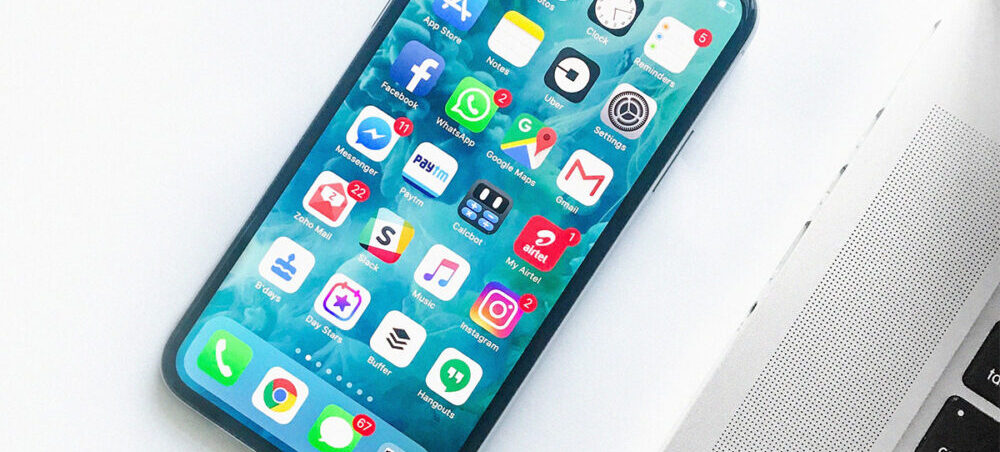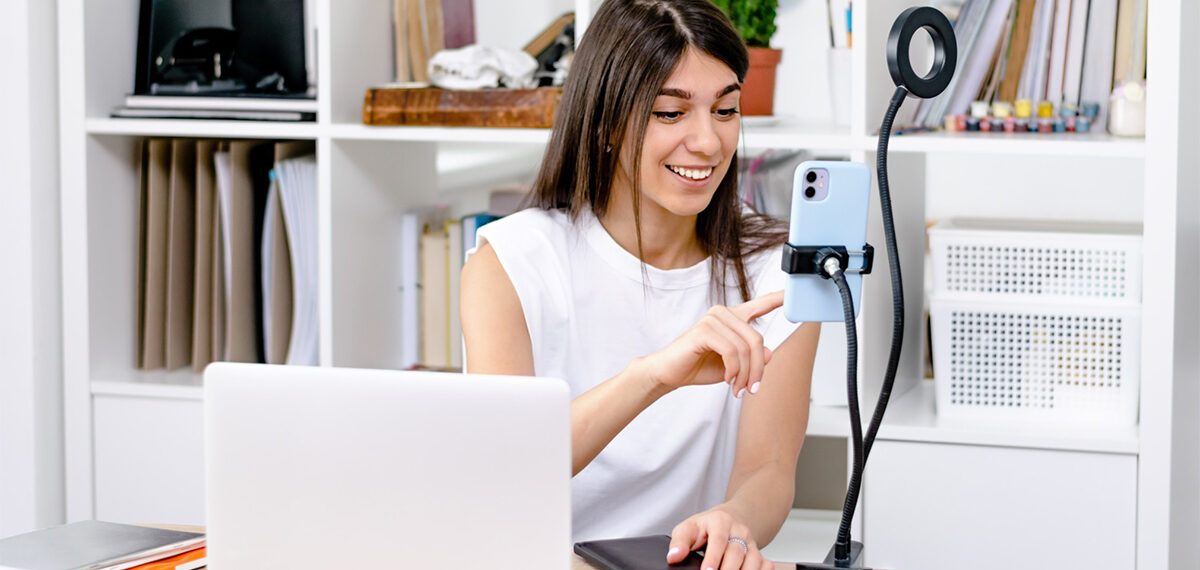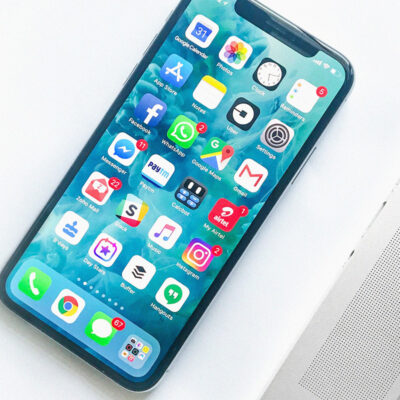Your data is likely being shared across apps, platforms and websites without your knowledge. Do you know if it is being used properly and kept secure? In many cases the onus is on the consumer to understand and be aware of online privacy issues and to understand how your data is being collected, used and shared online.
And although learning about online privacy may not sound as fun as scrolling through TikTok or Twitter, your Alberta credit union wants to ensure you have the valuable information you need to make informed decisions. So take a few minutes to read these tips, then head back to your favourite corner of the internet with the satisfaction of knowing how to keep yourself safer online.
1. Understand the trade off between convenience and privacy
Many accounts, apps and products ask for access to personal information before you can use their services. That is not necessarily a bad thing, but you need to make informed decisions about whether to share your data in return for reduced cost or convenience. Remember that your personal information has high value to businesses. Consider the amount of personal information they are asking for and whether it is relevant to the service they are offering. Weigh that against the benefits you may receive in return before you click accept.

2. 24/7 connection means 24/7 risk
Your devices make it easy to connect to the world around you, but they also include a lot of info about you and your network, including contacts, photos, videos, location, health and financial data. It’s important to remember that personal information is just as valuable as money and needs to be protected the same way you protect your bank accounts, credit cards and cash. Keep your devices updated and delete unused apps for better security.
3. Online privacy is important at every age
Don’t think online privacy doesn’t apply to you because you’re young and tech-savvy (or old and wise for that matter)! Anyone with a device or online account should know these basics, like:
- Keep track of your device and don’t leave it unlocked.
- Use a separate password for each account.
- Be wary of unsolicited emails and texts that create a false sense of urgency or offer something for free.
- And remember: any information shared online stays online.

4. Social media has risks
Social media is a fun place to connect, chat and socialize with friends, family and influencers. But it is also a minefield of potential data privacy risks. Manage your privacy settings in each platform you use. If you have a public account, limit the personal information you share – the more info you post, the easier it may be for a hacker to steal your identity. If a friend posts something about you that makes you feel uncomfortable, let them know and ask them to edit or remove the post.
5. Don’t forget to secure your home network
A protected home network means your family can use the internet more safely and all of your countless connected devices (from phones to smart speakers to TVs) are kept secure. Change the preset name and password of your wireless network. Create a separate guest password if possible. Check your router security options and use WPA2 or WPA, which are more secure than WEP.
This post is brought to you by Data Privacy Week!
Data Privacy week is observed during the last week of January since 1981, with Data Privacy Day taking place on January 28th. Data Privacy Day commemorates the signing of Convention 108, the first legally binding international treaty dealing with privacy and data protection.
You can read more about Data Privacy Week on the OPC website here or check out some of our other fraud and cybersecurity related content here!
